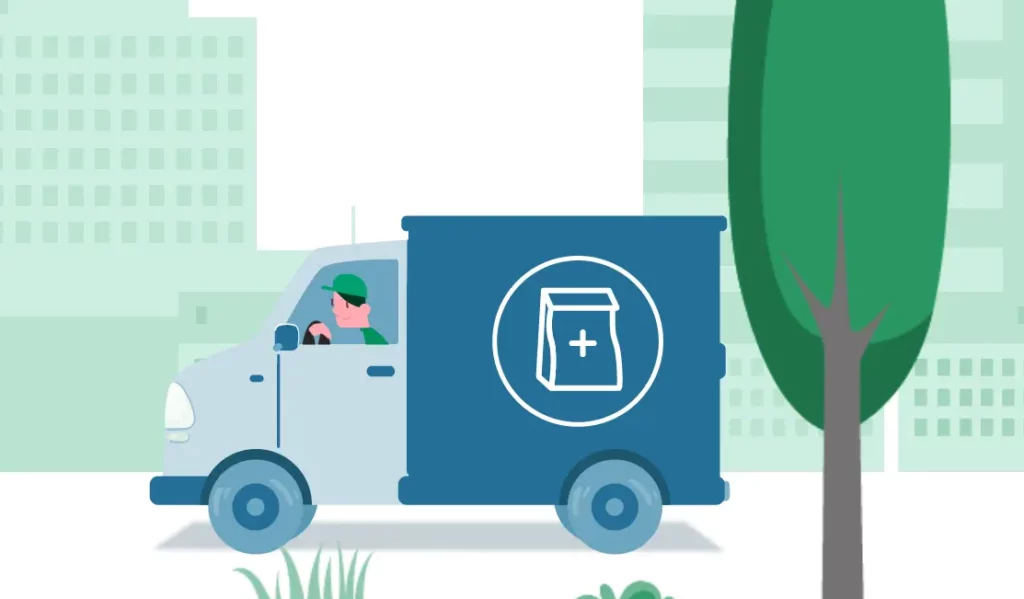Attention-Deficit/Hyperactivity Disorder (ADHD) is a common neurodevelopmental disorder that can affect both children and adults. It’s marked by patterns of inattention, hyperactivity, and impulsivity, which can disrupt daily life and development.
As a parent, you may start to notice signs of ADHD in your child between ages 3 and 6, though sometimes it only becomes clear when they begin school. If your child struggles with paying attention, is constantly on the move, or has difficulty following instructions, it’s natural to feel a little bit concerned.
How do I get my child tested for ADHD?
If you suspect your child has ADHD, getting a proper diagnosis is an important step. Here’s how you can go about it:
Talk to your child’s teacher
Start by discussing your concerns with your child’s teacher. Teachers can provide valuable insights into your child’s behaviour in a structured environment and compare it to their peers. They may also offer strategies to manage symptoms in the classroom and suggest if further evaluation is needed.
Visit your GP
Your next step is to schedule an appointment with your child’s General Practitioner (GP). Explain your concerns and share any observations from teachers. Your GP can provide an initial assessment and, if necessary, refer you to a specialist for a more comprehensive evaluation.
Specialist referrals
Getting your child tested for ADHD is a multi-step process, but it’s an important one to ensure they receive the support they need. Early diagnosis and intervention can make a significant difference in your child’s development and quality of life.
Frequently asked questions about ADHD
What are the early signs of ADHD in children?
Early signs of ADHD in children include difficulty focusing, impulsivity, hyperactivity, and frequent daydreaming. These behaviours can impact school performance and social interactions. Early recognition and intervention are crucial for effective management.
How can ADHD be diagnosed in kids?
To diagnose ADHD in kids, healthcare professionals typically conduct a comprehensive evaluation involving interviews, behavioural assessments, parent and teacher questionnaires, and observation. A medical examination may also be done to rule out other possible causes of symptoms.
What are the treatment options for childhood ADHD?
Treatment options for childhood ADHD typically include behavioural therapies, such as parent training and behavioural classroom interventions, and medications like stimulants or non-stimulants. Individualised treatment plans may also incorporate educational support and counselling to address specific needs.


